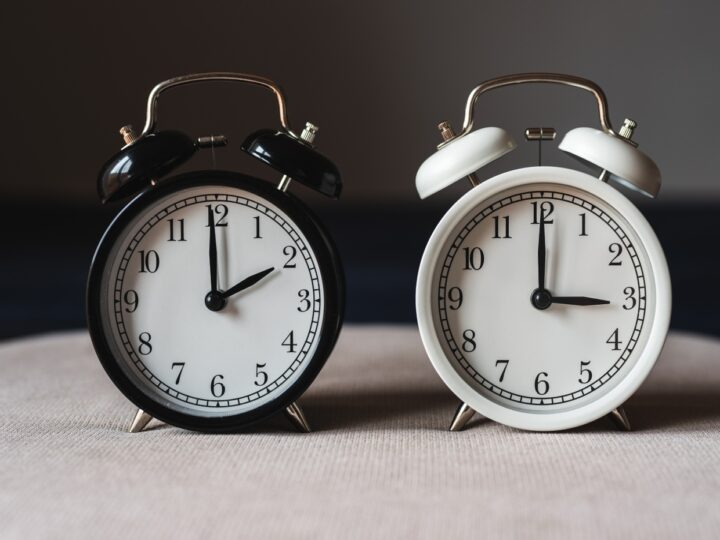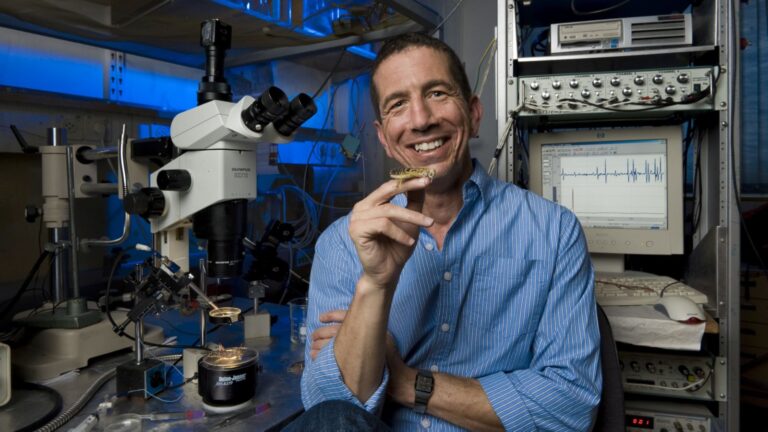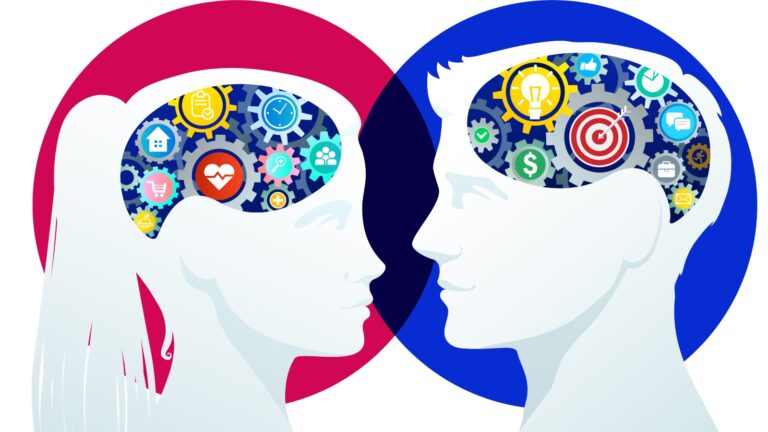A new way to reset our internal body clocks is on the horizon, as Israeli scientists have found that changes in surrounding oxygen levels affect the circadian rhythm of mice.
Researchers from the Weizmann Institute of Science in Rehovot say that if their results are confirmed in humans, airlines might consider moderating cabin air pressure to relieve jetlag, according to a study published in Cell Metabolism.
It is known that factors including light, eating times and temperature help synchronize circadian rhythms in both humans and animals. The body’s master circadian clock, residing in the brain, synchronizes a multitude of biological processes in every single cell. Disruption to this optimum timing system can cause imbalances, leading to jetlag and such diseases as obesity, metabolic syndrome and fatty liver.
Prof. Gad Asher of the Weizmann Institute’s biomolecular sciences department and his colleagues, including postdoctoral fellows Yaarit Adamovich and Benjamin Ladeuix, wondered whether oxygen might also influence circadian rhythms since oxygen absorption in animals is linked with nutrient ingestion and maintenance of body temperatures.
Indeed, the researchers showed that changing the concentration of oxygen in cells by just three percent, twice a day, will reset mouse cells’ circadian clocks.
They suspected, and ultimately proved, that a protein called HIF1α, which responds to changes in oxygen levels and plays a critical role in oxygen homeostasis in cells, is responsible for the reset.
Adjusting more quickly to time changes
Just like humans, mice are prone to jetlag after a sudden shift in daylight hours. The mice in the Weizmann experiments were left to eat, sleep and run on their wheels in oxygen-controlled environments. Altering oxygen levels during their normal sleep-wake cycle did not change their circadian rhythms, but once mice experienced a six-hour jump ahead in daylight hours, varying oxygen levels helped them adapt their eating, sleeping and running habits to the new time faster.
For example, the scientists saw that a small drop in oxygen levels 12 hours prior to the six-hour daylight shift, or two hours afterwards, put the mice back on their circadian schedules faster. This, too, was dependent on HIF1α levels.
“It was extremely exciting to see that even small changes in oxygen levels were sufficient to efficiently reset the circadian clock,” said Asher.
He added that the study raises important questions. “Although we show that clock reset by oxygen is dependent on HIF1α, we did not yet fully identify how HIF1α integrates within the core clock circuitry.”
Understanding how oxygen influences the body clock goes beyond jetlag. Cardiovascular disease, chronic obstructive pulmonary disease, shift-work sleep disorder and other common health problems can result in tissues with low oxygen levels.
“We show that oxygen works in mammals, specifically rodents, but it will be interesting to test whether oxygen can reset the clock of bacteria, plants, flies and additional organisms,” says Asher.
“We are looking forward to seeing the outcome of these experiments – it will be interesting both from a basic science and a practical standpoint,” Asher continued. “I believe passengers might be more enthusiastic to inhale oxygen-enriched air to alleviate jetlag in contrast to low oxygen.”
Commercial airliners pressurize cabins to the same air density of a city 6,000 to 8,000 feet above sea level. This low pressure saves wear and tear on the airplane, but because many passengers suffer from airsickness in response to the drop in oxygen levels, some airlines and airplane makers are considering ways to increase the pressure on flights.
The new findings suggest that although passengers may feel better with higher pressurized cabins during flights, they may lose the potential advantage of recovering from jetlag. The researchers now want to test how higher oxygen levels may affect the circadian clock.
Asher’s research is supported by the Yeda-Sela Center for Basic Research; the Adelis Foundation; and the Crown Endowment Fund for Immunology Research; as well as the Israel Science Foundation, the European Research Council; the British Heart Foundation; and the European Union, Seventh Framework Programme, Marie Curie Actions.
This is only the latest of many recent Israeli studies to better understand the workings of the circadian clock. A study from the Hebrew University of Jerusalem last summer showed that for honeybees, social interactions are critical to the rhythm of their biological clock.
















